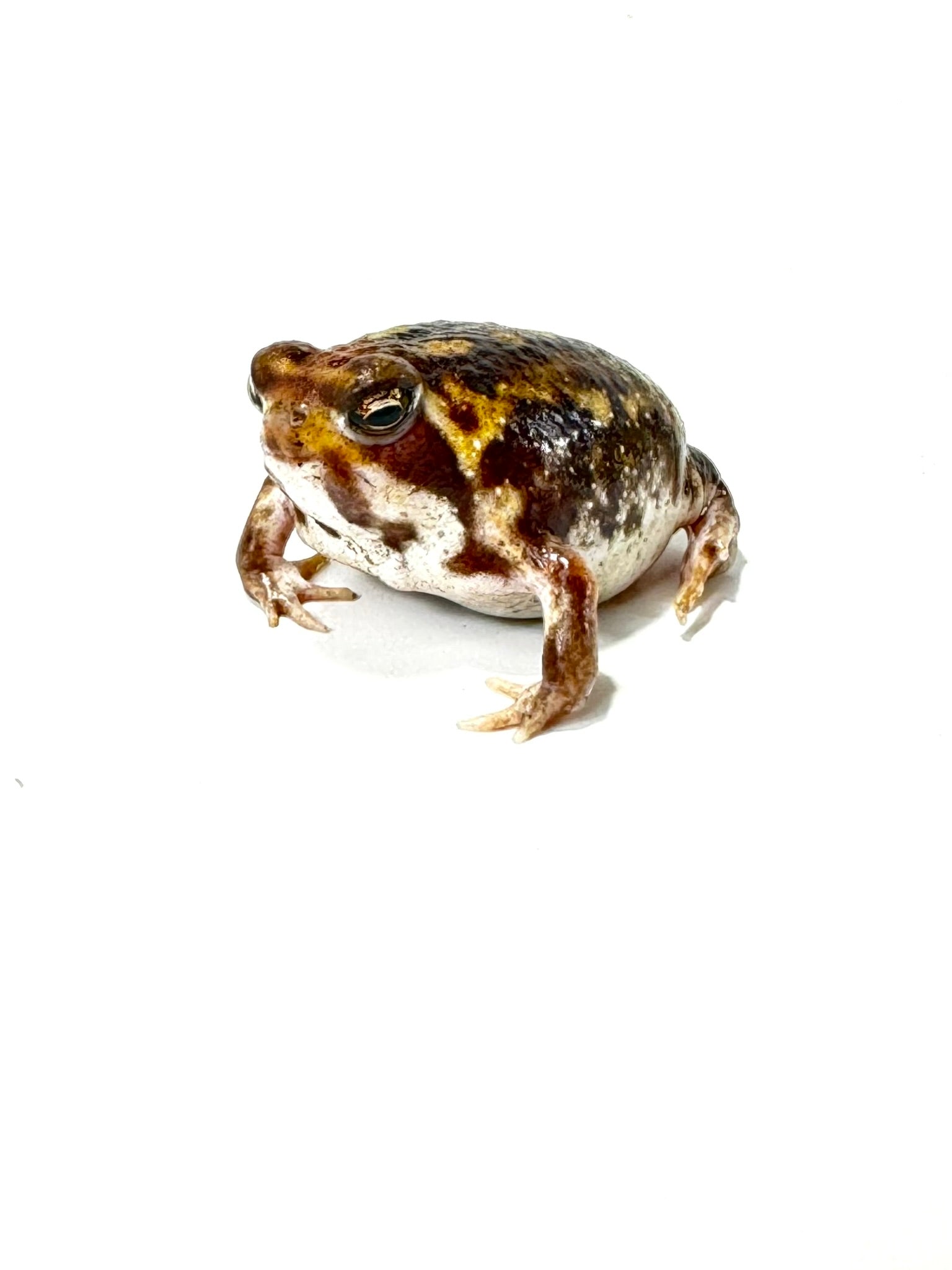Rain Frog for Sale: Unlock the Charm of Nature with Your Own Amphibian Buddy!
Rain Frog for Sale: Unlock the Charm of Nature with Your Own Amphibian Buddy!
Blog Article
Common Health Issues in Reptiles: Signs and Solutions
In the elaborate globe of reptile treatment, comprehending the common wellness issues that might impact these distinct animals is critical in ensuring their wellness. Whether it's grappling with parasitical infestations, browsing dehydration concerns, or resolving skin ailments that manifest in subtle methods, being attuned to the symptoms and equipped with the understanding of reliable solutions is crucial for any kind of reptile proprietor.
Respiratory System Infections
Breathing infections in reptiles can dramatically influence their general health and need punctual interest from experienced veterinarians. These infections are typically created by fungis, viruses, or microorganisms and can manifest via signs such as wheezing, nasal discharge, open-mouth breathing, and lethargy. In reptiles, respiratory infections can be particularly testing to detect and deal with because of their distinct anatomy and physiology. Vets usually count on a combination of physical examinations, analysis imaging, and lab examinations to accurately identify the underlying reason of the infection.
Therapy for respiratory system infections in reptiles generally involves a mix of helpful care, such as preserving correct humidity levels and temperature level gradients in the enclosure, along with targeted drug to address the particular virus responsible for the infection. It is critical for reptile proprietors to monitor their family pets closely for any indicators of breathing distress and look for veterinary care at the earliest indicator of an issue. With prompt intervention and ideal treatment, several reptiles can recoup completely from respiratory system infections and return to regular activities.

Metabolic Bone Condition
What aspects add to the advancement of Metabolic Bone Illness in reptiles?
Metabolic Bone Illness (MBD) in reptiles is largely triggered by a lack of correct calcium, phosphorus, and vitamin D3 degrees in their diet regimen. When reptiles do not obtain adequate calcium, either via their food or appropriate UVB direct exposure for vitamin D3 synthesis, they go to a high threat of creating MBD. Reptiles with diet plans low in calcium or unbalanced calcium to phosphorus proportions are particularly vulnerable. Furthermore, insufficient exposure to UVB light stops reptiles from synthesizing vitamin D3, which is vital for calcium absorption and bone health.
Various other adding factors to MBD consist of inappropriate temperature slopes within the reptile's environment, bring about lowered metabolic process and impaired calcium absorption. Not enough moisture levels can also influence a reptile's capability to metabolize calcium efficiently. Particular reptile varieties have specific dietary needs that, if not fulfilled, can raise the probability of developing MBD. Routine veterinary examinations, correct husbandry methods, and a balanced diet are important to prevent Metabolic Bone Disease in reptiles.
Parasitical Infestations
Parasitic invasions present a considerable wellness threat to reptiles, influencing their general health and needing punctual veterinary interest. Reptiles can be affected by various bloodsuckers, including termites, ticks, internal worms, and protozoa. These parasites can cause a variety of signs and symptoms, such as weight management, sleepiness, skin irritation, diarrhea, and even death if left unattended.
One typical bloodsucker discovered in reptiles is the mite, which can trigger skin stress and anxiety, irritation, and anemia. Ticks are one more outside parasite that can transmit diseases and create discomfort to the reptile. that site Interior parasites like worms and protozoa can cause digestive system issues, poor nutrition, and damage the reptile's body immune system.
To detect a parasitical problem, a vet might perform fecal examinations, skin scrapings, or blood examinations. Therapy usually entails deworming medications, antiparasitic bathrooms, or in extreme instances, a hospital stay. Preventative procedures such as routine veterinary check-ups, proper hygiene, and quarantine treatments for brand-new reptiles can assist lessen the danger of parasitic infestations and ensure the health of reptile pet dogs.
Dehydration and Hydration Issues
Dehydration in reptiles can dramatically impact their wellness and wellness, demanding timely treatment and appropriate hydration administration. If left untreated, dehydration can lead to severe health concerns and even be fatal to the visit this website reptile.
To stop dehydration, reptile owners need to make sure that their pets have access to tidy water at all times. The water meal should be big sufficient for the reptile to soak in if needed, specifically for species that soak up water via their skin. Furthermore, keeping proper humidity degrees in the reptile's unit and providing routine bathrooms can aid avoid dehydration.
In situations of dehydration, it is crucial to seek veterinary care quickly. A veterinarian may administer fluids either by mouth or with shots to rehydrate the reptile. It is vital to attend to the underlying reason for dehydration to stop reoccurrence and make sure the reptile's total well-being.
Skin Ailments

Conclusion

Breathing infections in reptiles can significantly affect their overall wellness and require timely attention from knowledgeable veterinarians (rain frog for sale). Preventative procedures such as regular veterinary check-ups, appropriate health, and quarantine procedures for brand-new reptiles can aid lessen the threat of parasitic problems and ensure the well-being of reptile animals
If left untreated, dehydration can lead to severe health problems and also be deadly to the reptile.
Frequently evaluating your reptile for any modifications in skin structure, appearance, or color can aid in early discovery and therapy of skin ailments, promoting the general health and wellness and health of your flaky companion. - rain frog for sale
In conclusion, reptiles are susceptible to different wellness concerns such as respiratory infections, metabolic bone disease, parasitic invasions, dehydration, and skin disorders.
Report this page